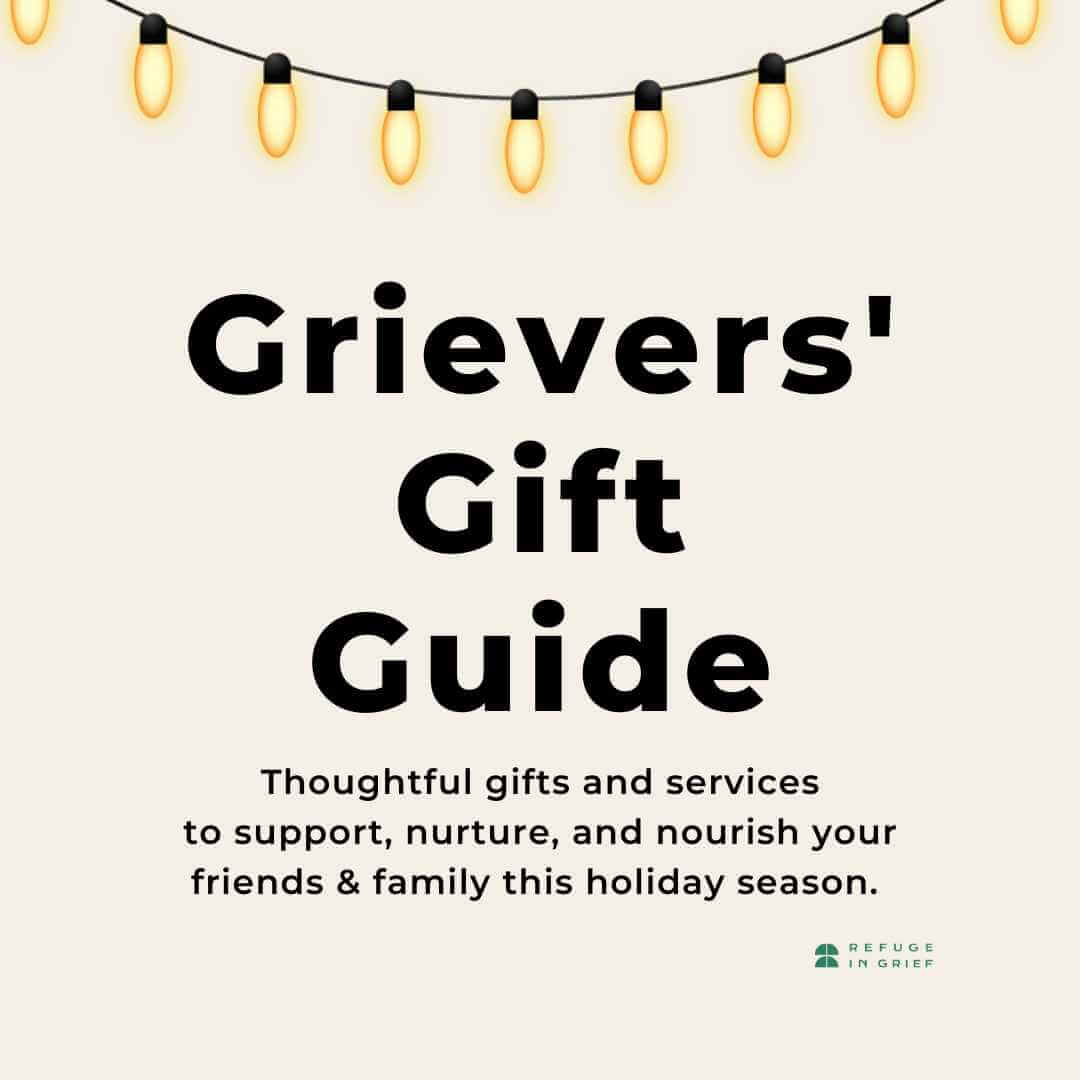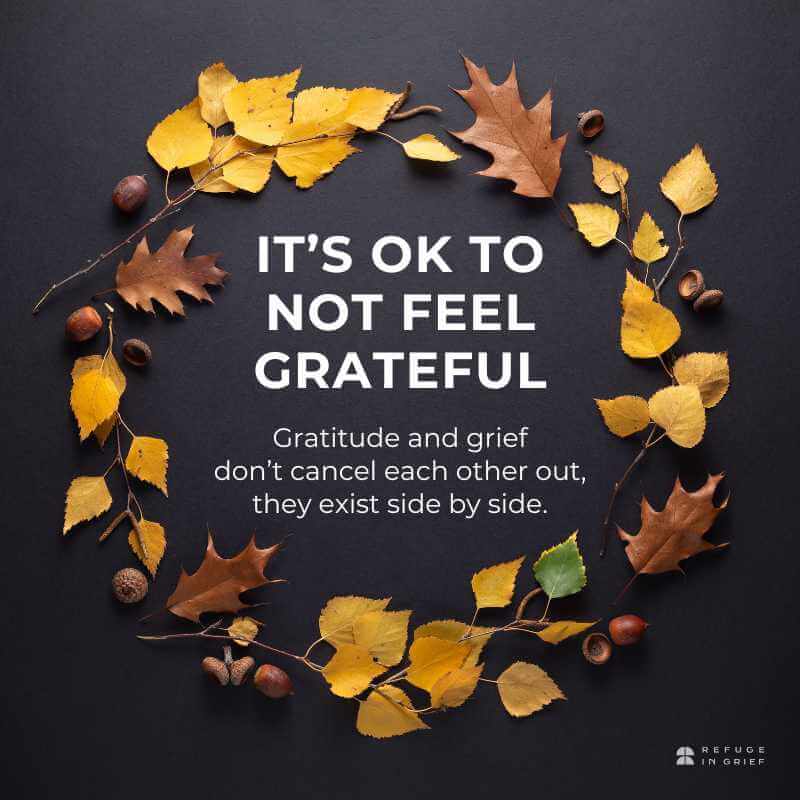what’s happening in the US is deeply related to grief
 There’s a lot going on with weather-related and climate-related challenges and fears right now, just barely in front of news stories of violence and hate. It can be easy to get carried away with each new, fresh challenge. All of these things are deeply related to grief.
There’s a lot going on with weather-related and climate-related challenges and fears right now, just barely in front of news stories of violence and hate. It can be easy to get carried away with each new, fresh challenge. All of these things are deeply related to grief.
The relentless series of political, cultural, and weather-related events – individually, collectively, communally – has added more and more people to the ranks of the grieving, and has many of the already-grieving buckling under the extra weight.
I’ve posted a few things about the racist, bigoted, horrifying events of the last months, mostly in terms of the grief related to hate crimes, and how important it is to care for yourself when the world seems to be melting down around you. Fortunately, most of our community here is on the side of love, inclusivity, and respect for all beings: I haven’t yet heard from anyone espousing racist or supremacist views, telling me to “quit it with the political crap and stick to grief.” Maybe some think that, but no one has yet spoken up.
Cool. Because not only is it important to speak out against violence, systemic racism, and white supremacy, what’s happening in this country is also deeply related to grief.
We’ve got folks in our wider Refuge in Grief community whose partners, children, friends, and family members were killed in hate crimes and other acts of violence. Every act of violence leaves a wide swath of grief and pain behind it. If we’re not talking about those deaths, those acts of violence, in our discussions of grief – if I’m not talking about them – we don’t have an inclusive and welcoming community. We’re missing thousands of people who deserve love, care, and support.
We’re also deeply inter-related beings. Bearing witness to the pain of others, facing fear and uncertainty in your communities and country – these things affect your own grief. Your capacity to listen. Your sense of safety. Even without grief, bearing witness to the horrible aspects of humanity is no small feat.
I can’t not talk about these things. I can’t not do something, when I have the power, perspective, and privilege to do so.
What I mean to say is that grief-work belongs in these discussions about hate and bigotry. Discussions of hate and bigotry belong in our grief work. Maybe not for you, in your personal pain. I hear that. Sometimes all you can do is tend to the pain in your own heart, get through your own devastation one minute at a time. Showing kindness to yourself can also be an act of resistance. Those of us outside the arc of those early days, those of us who do have time and energy, we can use our knowledge of death, our knowledge of grief, to mobilize our own actions in the face of hate.
We can use our knowledge of death & grief to mobilize our own actions in the face of hate. Click To TweetEvery act of hate causes pain, and we know pain. Behind every hate crime, there is pain and grief, and in that grief: the crappy, often emotionally illiterate cultural responses you’ve likely heard in your grief. How we talk about grief, matters. What we do here together, matters. It matters in individual lives, and it matters in the whole wider world.
I’m accustomed to talking about the elephant in the room. So I’m going to keep talking about grief – which sometimes includes hate crimes and issues of racism, bigotry, and white supremacism. I’m going to keep talking about grief in all its forms, and the ways we can learn to love each other better. Intelligent, compassionate, skilled responses to grief and loss are needed everywhere. Everyone gets a seat at this table.
If you want to take action against systemic violence and hate, this essay has some great places to start. Your local community likely has some amazing folks doing great work, so look there too.
 How about you? How do events in the wider world affect your grief? How are you caring for yourself amidst the seeming destruction all around? Let us know in the comments.
How about you? How do events in the wider world affect your grief? How are you caring for yourself amidst the seeming destruction all around? Let us know in the comments.


